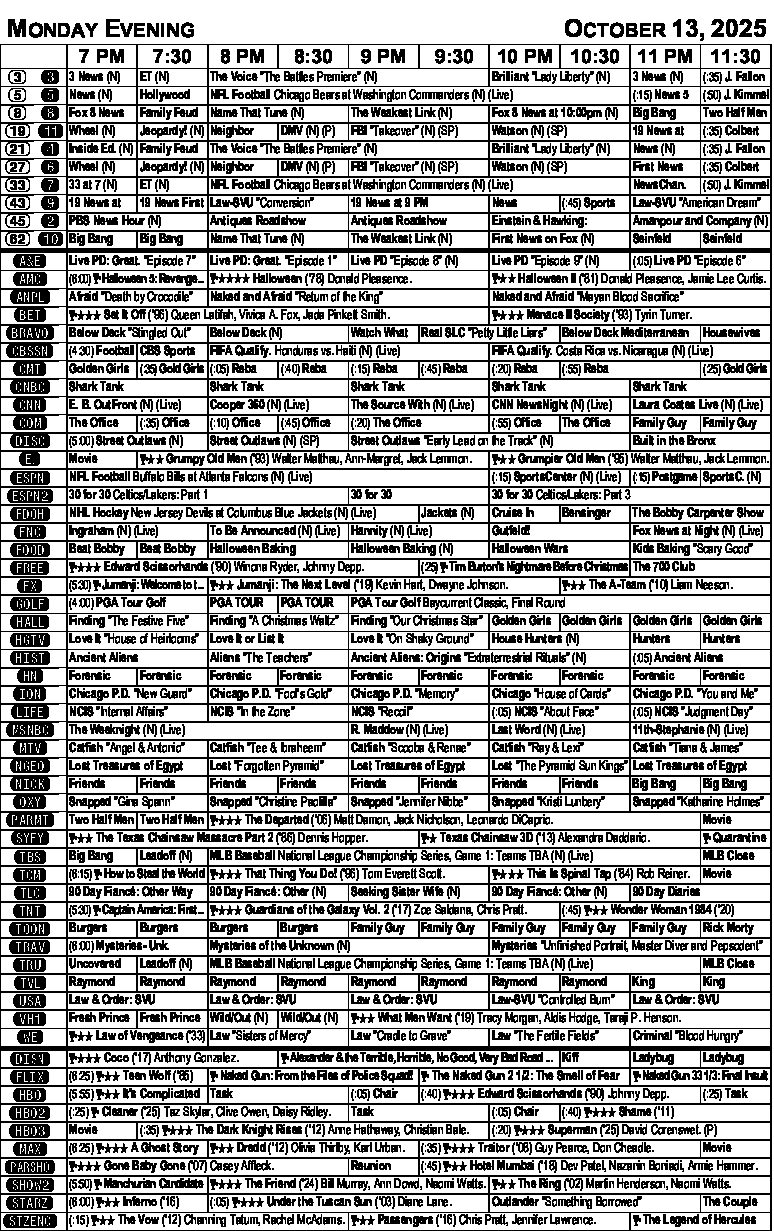OTC antihistamine nasal spray may help prevent COVID-19
Q. Astepro has been a great help for my seasonal allergies. I’ll now use it as a preventative against flu or COVID-19. The downside for many people is the price and the taste.
Here’s a solution. Astepro comes in a better-tasting children’s version. It is the same strength, except it has an additive so that the taste is not objectionable. Even better, it doesn’t seem to move off the shelf as well, so I frequently find it discounted at drugstores. Whenever I find it marked down, I typically stock up for my whole family!
A. Thank you for the helpful tip. Both children’s and adult versions of Astepro contain 205.5 micrograms of azelastine per spray. We were excited to learn of a study showing that this over-the-counter antihistamine nasal spray can reduce the risk of coming down with COVID-19 (JAMA Internal Medicine, Sept. 2, 2025). The authors mention the possibility that it may also have broader antiviral activity.
We will need larger clinical trials to verify the effectiveness of azelastine against COVID-19, cold or flu viruses before we can recommend routine use of this nasal spray. On the other hand, it seems reasonably safe. It may work best when used before travel or large gatherings, especially if accompanied by wearing an N95 face mask.
Q. An Australian wrote to you about using nicotinamide for preventing a recurrence of skin cancer. Here in the U.S., do you need a doctor to prescribe it? Should it be monitored?
I have had a basal cell skin cancer removed as well as a melanoma in situ, so I have annual check-ups. Nicotinamide (vitamin B3) is not indicated for melanoma, but I would like to take it to prevent other skin cancers.
I understand that some forms of B3 may lead to liver problems, but I saw nothing about that in the JAMA study you cited. Does it seem to be safe at the doses used in the study? Where would I find it?
A. As you noted, vitamin B3 comes in several different forms, including niacin (aka nicotinic acid), nicotinamide (also called niacinamide) and derivatives such as nicotinamide riboside.
At very high doses from 1 to 3 grams a day, niacin may harm the liver. Nicotinamide is generally safe until doses exceed 3 grams daily. The dose used to prevent skin cancer recurrence is 500 milligrams twice a day. It is available without a prescription, but you would be wise to ask your doctor to monitor your liver enzymes.
Q. I was prescribed an NSAID for back pain. Then my blood pressure spiked to 198/90. I stopped the pills, and it returned to normal. The doctor just told me that he never heard of NSAIDs spiking blood pressure. Was my experience an anomaly?
A. We have heard from many other readers who have also experienced a jump in blood pressure while taking a nonsteroidal anti-inflammatory drug (NSAID). This category includes celecoxib, diclofenac, ibuprofen, meloxicam and naproxen, among others.
High blood pressure is a well-recognized adverse reaction to NSAIDs. A recent review reported a clear association between such drugs and elevated blood pressure (Cureus, Sept. 15, 2025).
You can learn more about this complication in our “eGuide to Blood Pressure Solutions.” This online resource can be found under the Health eGuides tab at www.PeoplesPharmacy.com. We also include many nondrug approaches to maintaining healthy blood pressure.
In their column, Joe and Teresa Graedon answer letters from readers. Write to them in care of King Features, 300 W. 57th Street, 41st Floor, New York, NY 10019, or email them via their website: www.PeoplesPharmacy.com. Their newest book is “Top Screwups Doctors Make and How to Avoid Them.”



